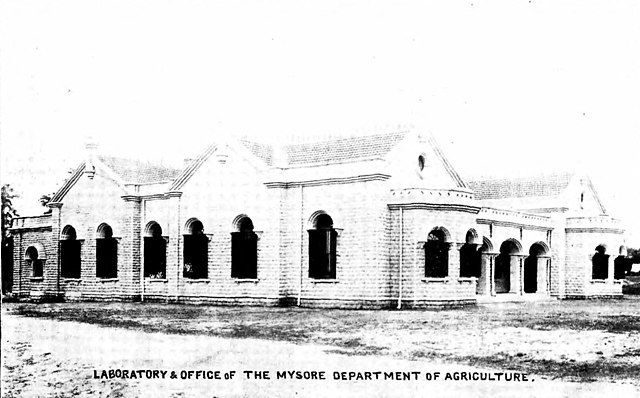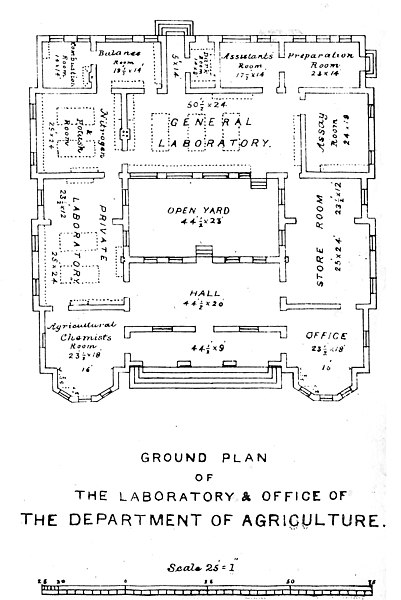Leslie Charles Coleman was a Canadian entomologist, plant pathologist and virologist who worked as the first director of agriculture in Mysore State in southern India. He conducted pioneering research on the pests and diseases affecting agriculture in the region and was instrumental in establishing several agricultural research and educational institutions including the Hebbal Agricultural School which later became a part of the University of Agricultural Sciences, Bangalore and the Coffee Research Station at Balehonnur which became the Central Coffee Research Institute. He introduced improved tillage implements, sprayers, tractors, and played a key role in the establishment of the Mysore Sugar Company in Mandya. His major contributions to plant protection included measures to control a rot disease of coffee caused by Pellicularia koleroga known in southern India as koleroga. Coleman established measures for koleroga, a generic name for rot-causing diseases in Kannada, that caused complete destruction in areca plantations. Sprays of inexpensive Bordeaux mixture on the growing crowns helped control infection caused by what he described as Phytophthora arecae.

Coleman with garlands on his 1953 visit to India
Leslie Coleman as a graduate in 1904
Carte-de-visite
Staff of the agriculture department in 1916
University of Agricultural Sciences, Bangalore
University of Agricultural Sciences, Bangalore is located in Bengaluru, India. It was established in 1964 as UAS Bangalore by a legislative act.
Lehmann's laboratory, now housing the department of agriculture in Bangalore
Mysore Agricultural School
Plan of Lehmann's laboratory
Plan of the wetland experimental plots at Hebbal (now the site of the Hebbal flyover)








